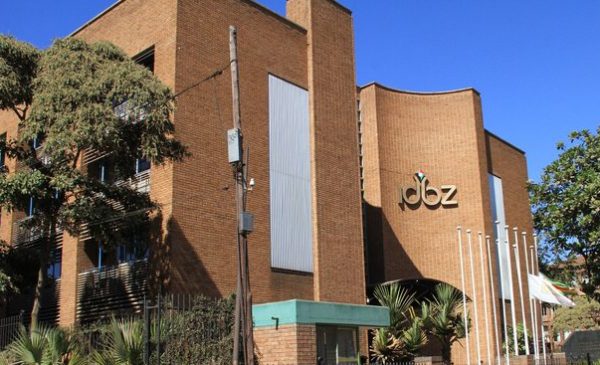The Industrial Development Corporation is advocating for the development of a local motor industry development policy that would guide the revival of the once vibrant industry IDC highlighted that the demand for new vehicles for the local market was estimated at 35 000 in 1997 with the effective demand being 25 000, of which 18 000 were supplied by the four main assembly plants at WMMI, Quest, WH Dahmer and Deven Engineering.
The demand for new vehicles contracted to an estimated 6 000 in 2011. Therefore the local industry is securing a lower base of below 33 percent of a contracting new market.
The other factor impacting the local industry price competitiveness was the South African Motor Industry Development Policy Program.
Through this program the South African government was subsidising its vehicle exports to a point where the vehicles are being sold at prices that are lower than those offered in Zimbabwe and in that country. The proposal comes as the Zimbabwe's 1986 motor development strategy, the Vertically Integrated Companies (VIC) policy has not been reviewed or replaced after its expiry. This shows a lack of seriousness in addressing the challenges faced by the industry.
"A reinstitution or adaptation of the VIC policy and other trade protocols needs to be considered. We also call for a level playing field and not excessive protection through counter-availing measures to counter the effects of the SA MIDP.
The measures would include amongst others the instatement of the suspended higher duty rates on imported Complete Built Units (CBU's) and exports and or investment incentives for the automotive industry."WMMI's managing director Engineer Dawson Mareya said.
"The policy must include a phased approach to the total ban of grey imports of motor vehicles. Ideally, in the interim, the importation of second-hand vehicles must be assigned to the respective franchise holders to ensure that vehicles receive a mandatory pre-shipment inspection to prevent the importation of vehicles that ready for the scrap heap, fully supported by parts and service while fully accounted for with respect to import duty and VAT," said Engineer Mareya.
A Presentation at the Motor Industry Association annual general meeting showed the distribution of Zimbabwe’s imports of Motor Vehicles.
The graphs show the shares that each country contributes to the imports of Motor vehicles. Business Monitor International (BMI), in their analysis of the motor industry revealed that the industry recorded a 4,3 percent year-on-year (y-oy) decline in new vehicle sales in 2013.
The decline is mainly attributed to the price differential between new cars and imported used cars that private consumers continue to opt for.
BMI highlighted that the second quarter of the year saw the commercial vehicles segment play out in July when Babcock, the importer and distributor of DAF trucks in Southern Africa, delivered a total of seven DAF trucks to Mutare Bottling, the Manicaland Coca-Cola and Schweppes franchise holder in Mutare, Zimbabwe.
For DAF, this was the single biggest order coming from Babcock in Zimbabwe in that period said the report.
Globally the Auto industry saw a rising demand for new cars which boosted vehicle production to return to pre-recession levels, according to the Society of Motor Manufacturers and Traders in the UK.
Production rose in September to a total of 140 888 cars - 9,9 percent more than in September last year, the SMMT said. SMMT chief executive Mike Hawes said: "Boosted by strong domestic demand, September's 9,9 percent rise in car manufacturing reinforces how the sector is one of the UK's biggest success stories of recent years."
- bh24
 Concern over Masvingo black market
Concern over Masvingo black market  Kenya declares three days of mourning for Mugabe
Kenya declares three days of mourning for Mugabe  UK's Boris Johnson quits over Brexit stretegy
UK's Boris Johnson quits over Brexit stretegy  SecZim licences VFEX
SecZim licences VFEX  Zimbabwe abandons debt relief initiative
Zimbabwe abandons debt relief initiative  European Investment Bank warms up to Zimbabwe
European Investment Bank warms up to Zimbabwe  Young Investment Professional (YIP) Graduate Programme 2019
Young Investment Professional (YIP) Graduate Programme 2019 











 Young Investment Professional (YIP) Graduate Programme 2019
Young Investment Professional (YIP) Graduate Programme 2019
Editor's Pick